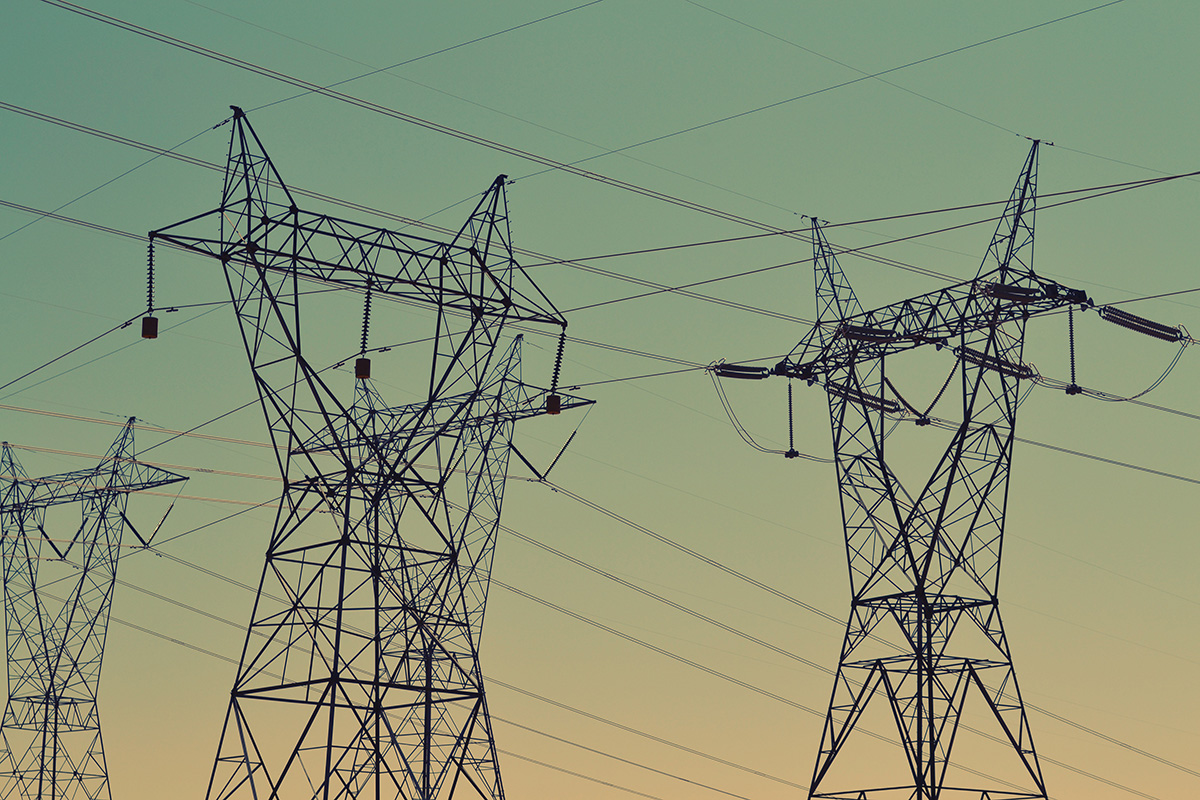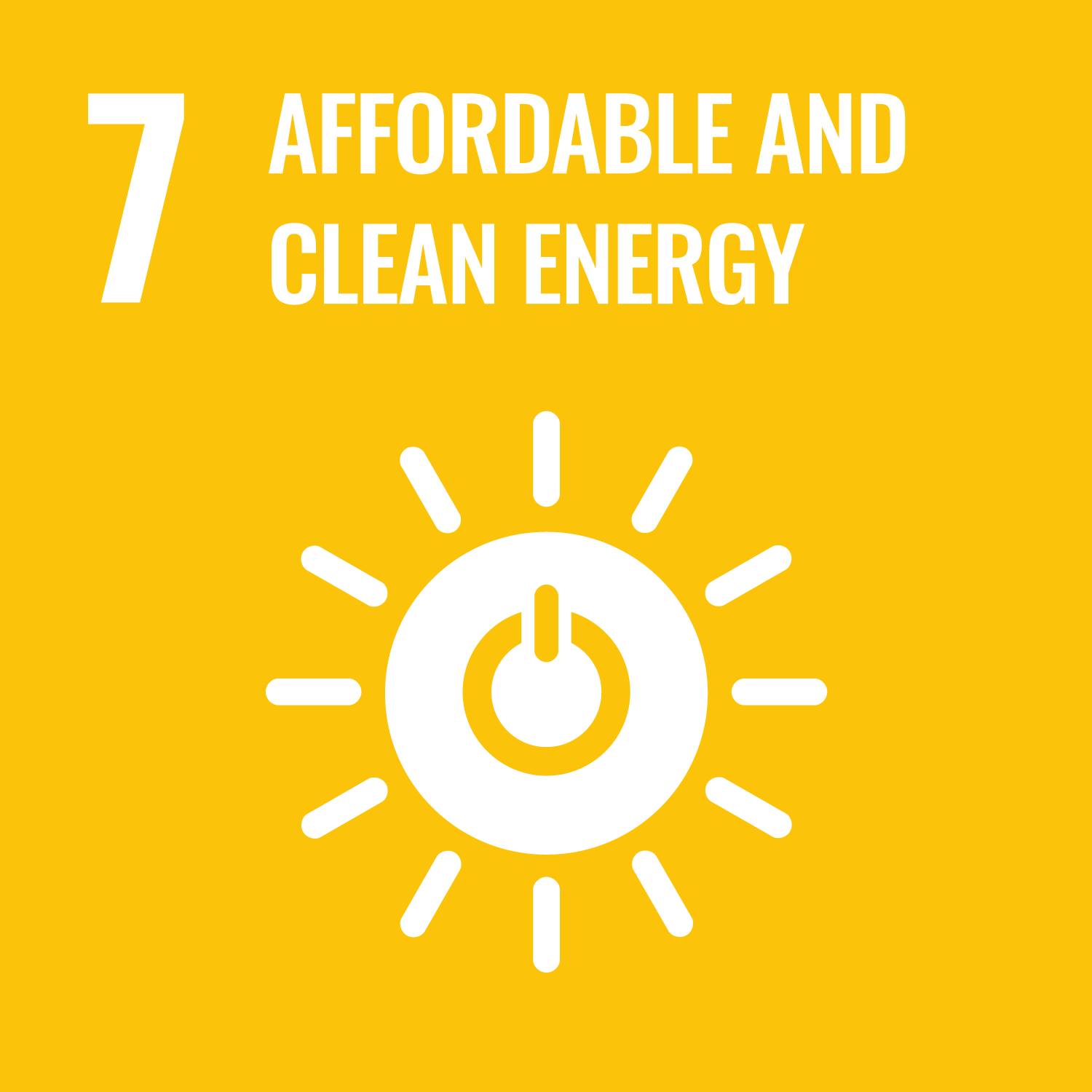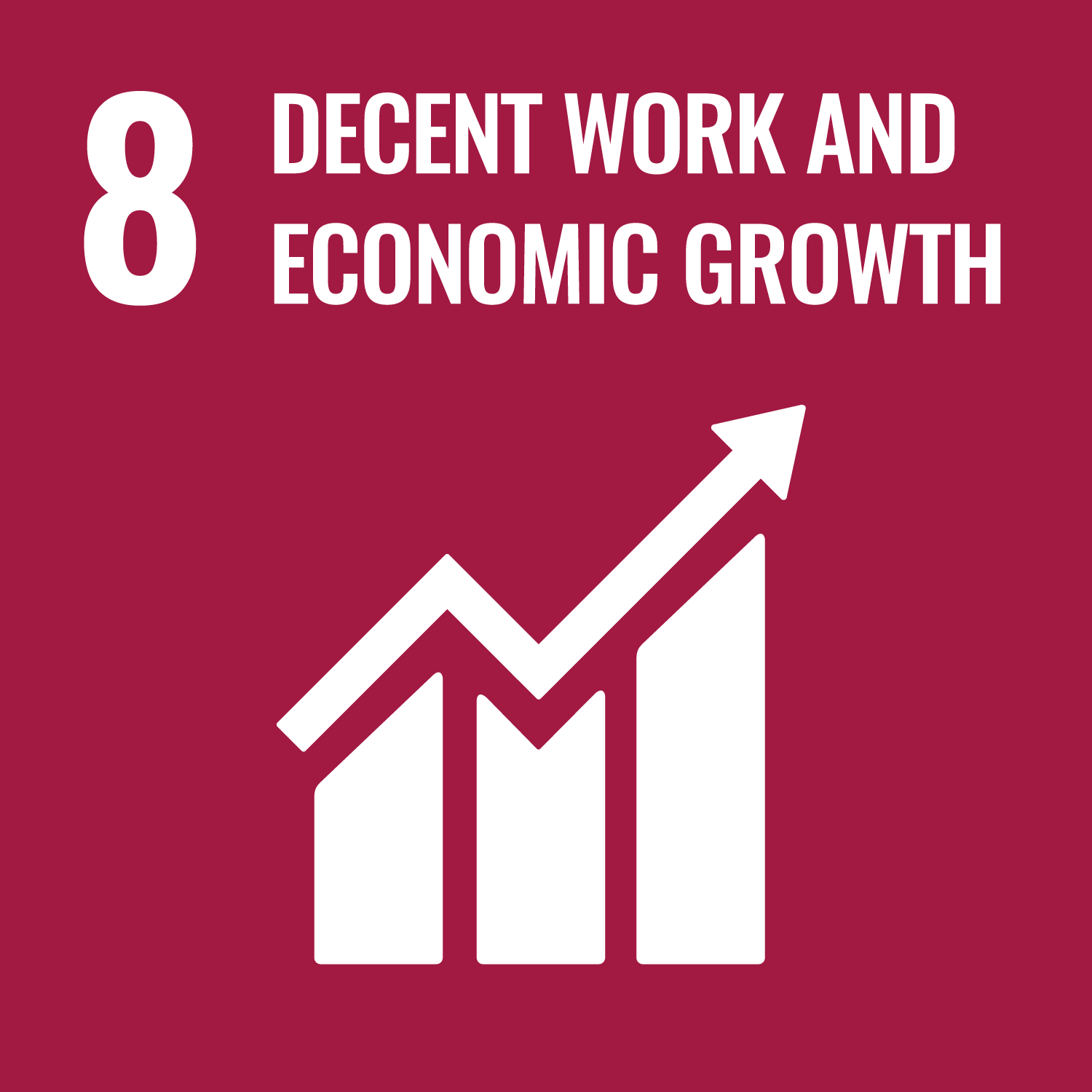Renewable Energy for Electrification Programme (REEP)
Objective
- To demonstrate the feasibility of achieving 23 percent of renewable energy share into the national energy mix by 2025
Description
REEP is a joint project implemented by the Indonesian Directorate General of New Renewable Energy and Energy Conservation (NREEC) – Ministry of Energy and Mineral Resources and the Deutsche Gesellschaft für Internationale Zusammenarbeit (GIZ) GmbH on behalf of the German Federal Ministry for Economic Cooperation and Development (BMZ).
The project’s objective is to demonstrate the feasibility of achieving 23 percent of renewable energy share in the national energy mix by 2025. REEP’s main partners are the Directorate General of Electricity (DJ – Gatrik), PT. PLN Persero (PLN) and local governments.
REEP aims to provide recommendation to policies and regulations in electricity generation that will benefit all stakeholders including the private sector.
The project uses bottom-up approach by firstly selecting two island grids and scaling up to three typical island grids with the hope of replication to other 168 islands grids in Indonesia.
Field of intervention
- Studies in three selected application areas provide a realis-tic assessment of the technical and economic potential of renewable energy and the associated CO2 reduction potential and demonstrate approaches to how it can be expanded further.
- Pilot projects in three application areas demonstrate the feasibility of the applied technologies and business models.
- Through seminars and training measures the relevant public and private decision-makers and stakeholders are informed of the results of studies and pilot projects, become familiar with renewable energy technologies and business models and thereby can identify their potential.
- Action plans and best practice guidelines for the dissemination of demonstrated technologies and business models are developed in collaboration with public and private actors.
- A monitoring and evaluation system is established in NREEC, which contributes to continuous improvement of policies, guidelines and support programs, and incorporate the results into the development of a Monitoring Reporting Verification (MRV) system for the energy sector in Indonesia.
Achievements
At the end of the project’s 4 years period, LCORE will have conducted studies which identify the technical and econom-ic potential of the three main application areas. Together with private sector partners, at least one pilot project in each application area is implemented and more potential pilot projects are identified with a total reduction potential of 200,000 tons of CO2 per year. The project will also have introduced a monitoring, reporting and verification (MRV) system for bioenergy plants at DG NREEC that could lead to measureable share of renewable energy production and greenhouse gas emission reductions. Last but not least, the project is expected to enable DG NREEC to harness Indo-nesia’s energy potential using least-cost approaches.
COUNTRY
Indonesia
DURATION
January 2017 - December 2020




